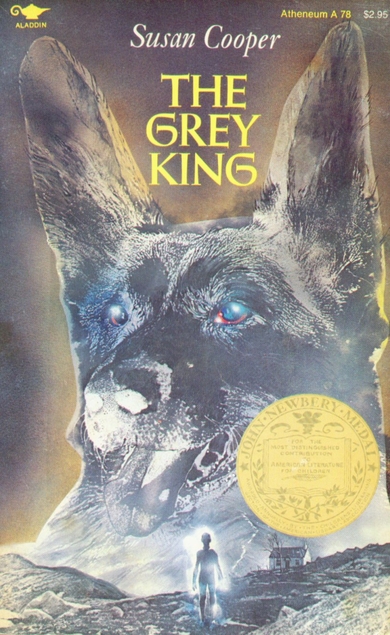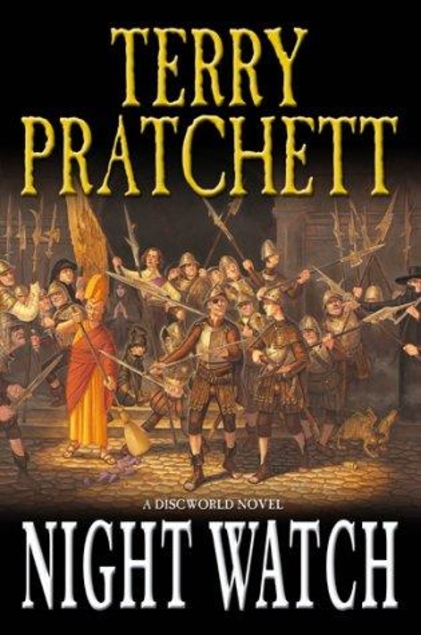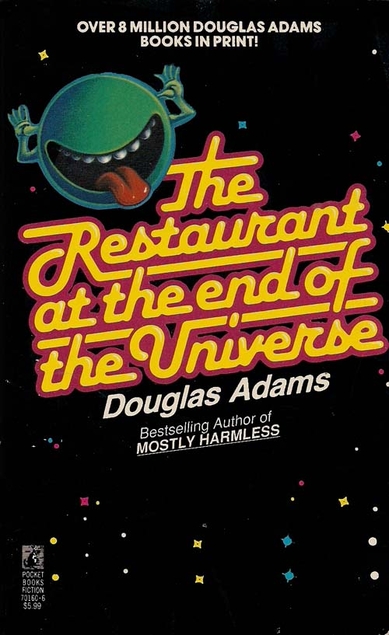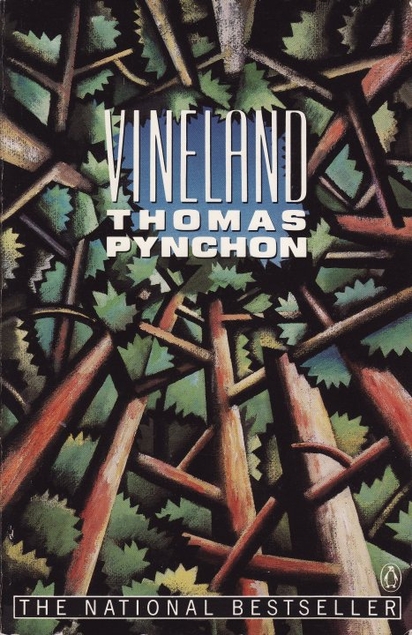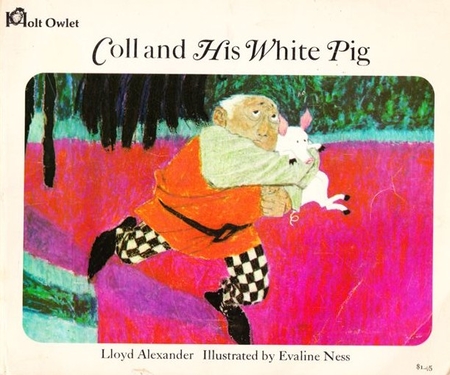
I read this particular book, which is really more of a novella, because I was hungry for more stories about Prydain, and this one was pretty much it. The pig escapes, Coll chases after it, there are adventures of some sort or another, and then he gets the pig back. In case you don’t know, Prydain is a fantastical/mythical world that seems to be inspired by Welsh (and possibly English and Irish) mythology.
[It occurs to me, thinking about this and Susan Cooper’s DARK IS RISING books, that there seems to have been a real thing for Welsh-inspired young adult fantasy novels in the 1970s. Fascinating!
[At the time, Lloyd Alexander was a huge favorite of mine, and I read just about every book of his that my public library had on its shelves. (This was helped by the fact that I got it into my head to read every book in the library, starting with the As, as long as it didn’t look too dumb. Hence, reading so much of Lloyd Alexnder.)
[A short visit to Wikipedia later, and I learned that he passed away just a few short years ago.]
I don’t really have much else to say about this little book, except that it reminds me, happily, of all the time I spent romping through Lloyd Alexander’s adventures. I expect that Coll and his white pig are deeply out of print, but perhaps not? At any rate, if you haven’t read any of his books, I wouldn’t recommend you start with this one, but rather THE BLACK CAULDRON, one of the Vesper Holly books–think Indiana Jones, except twenty years younger and a woman–, or perhaps even THE FIRST TWO LIVES OF LUKAS-KASHA.
Thanks for all the good times, Mr. Alexander! (even though you did make me cry)
